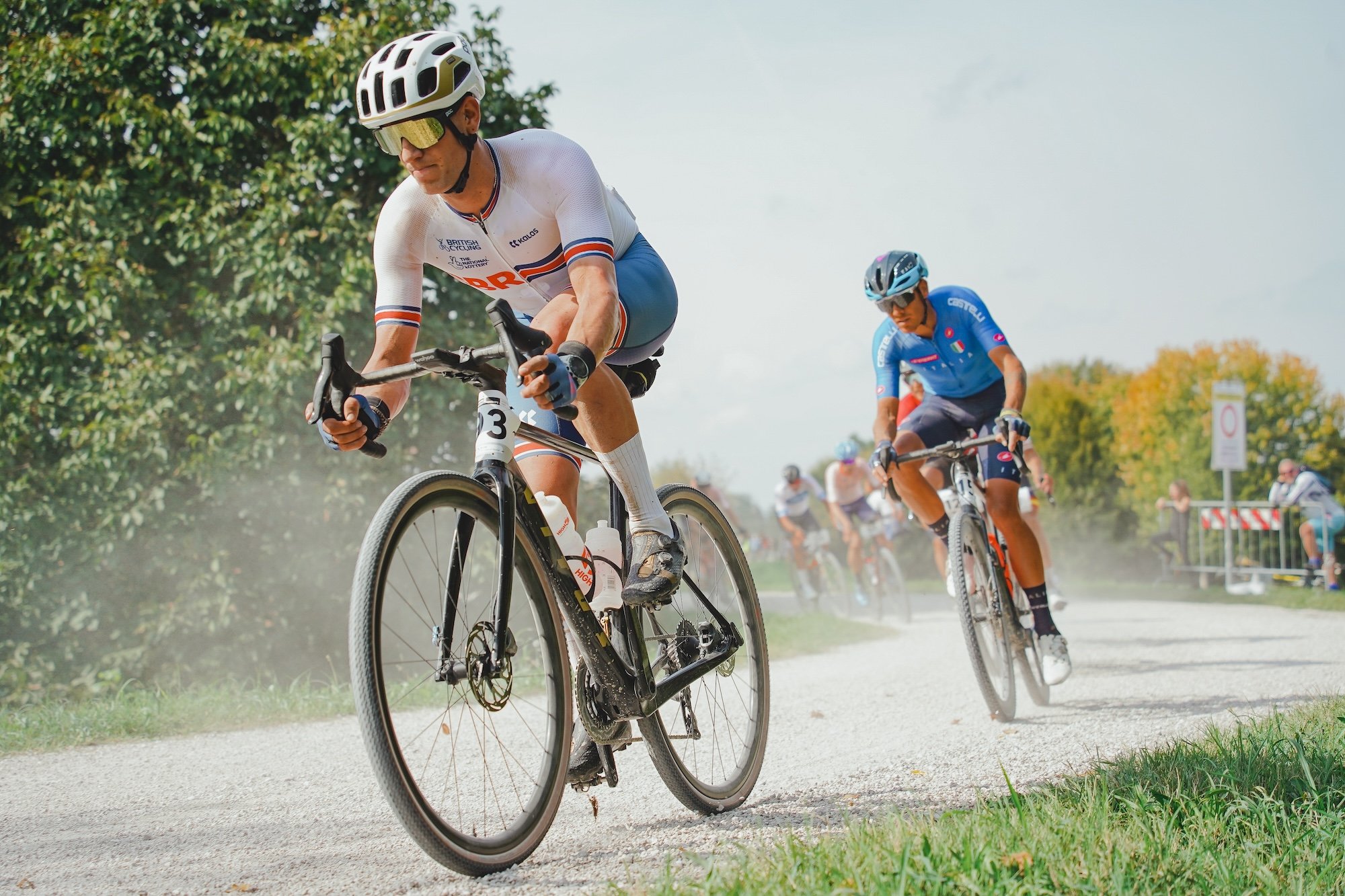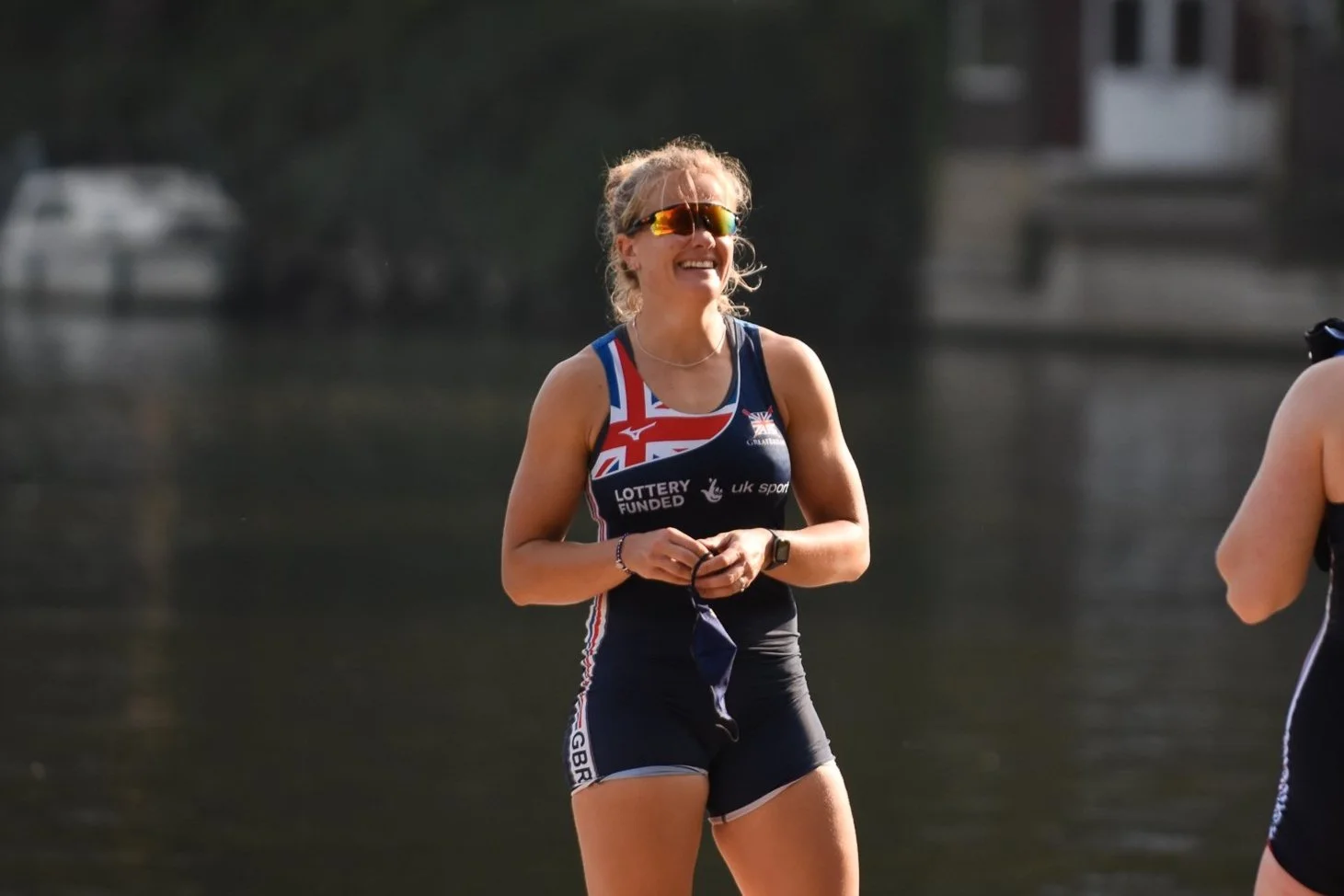Together, we are changing the game
Who we are
Lived experience is at the heart of what we do
Neurodiverse Sport CIC is a not-for-profit organisation founded in 2022 by former Olympic rower Caragh McMurtry and elite cyclist Mikey Mottram. We're on a mission to transform the sports sector into a place where neurodivergent individuals, at every level, can engage, compete, and thrive with confidence.
Our work is rooted in lived experience, shaped by insight, and driven by a belief in sport’s power to uplift and include everyone.

Our Vision
We’re building a world where neuroinclusion is standard, not exceptional.
From grassroots to elite sport, neurodivergent people deserve spaces that honour their strengths, support their needs, and recognise their potential - without asking them to mask or conform. Through education, advocacy, and storytelling, we aim to challenge the status quo and reimagine what truly inclusive sport looks like.
Our approach
We combine lived experience with expert insight to:
Challenge outdated perceptions
Build accessible resources
Deliver practical training
Connect neurodivergent voices with decision-makers
Across our platforms, we share stories that empower individuals and guide teams, clubs, and governing bodies towards lasting change.
What we stand for
At Neurodiverse Sport, freedom of expression matters, but it must exist within a framework of respect, empathy, and collective growth. We believe in striving to be the best version of ourselves, not by comparison, but through honesty, integrity, and meaningful contribution to the world around us. Central to our values is the pursuit of physical, mental, emotional, and social health, however that looks for you. We recognise that for many neurodivergent people, these areas are often the hardest to reach and the easiest to overlook. But we also believe they are the most transformative.
“Just because something is difficult doesn't mean it isn't worth striving for.”
In our experience, physical health, whether through movement, sport, or simply reconnecting with your body, can often be the catalyst for wider wellbeing and personal empowerment.
Our founders’ stories
Caragh McMurtry
Co-founder, Director & CEO | Former Olympic Rower | Autistic
"I spent years trying to fit into a system that didn’t fit me. Once I understood my neurodivergence, everything began to make sense - and sport became something I could love again. Neurodiverse Sport was born out of that journey: to make sure others don’t have to go through the same struggles alone."
Mikey Mottram
Co-founder, Director | Elite Cyclist | Dyslexic, Dyspraxic, ADHD
"Sport taught me how my brain works. It gave me the tools to manage my energy, focus, and emotions in a way that school never could. Now I want to give that back - to help other neurodivergent people experience the same kind of freedom and confidence I found."
Success is Winning Your Own Race
For us, success isn’t just about winning medals and accolades; it’s also about the small but powerful victories, like simply putting one foot in front of the other. After all, both achievements are equally inspiring when accomplished through adversity—because, in truth, each of us faces unique challenges in life.
Join Us
We are proud to be a team of lived experience leaders who reflect the diversity we want to see across sport. If you're interested in joining us, collaborating, or supporting our work - get in touch or volunteer with us.



